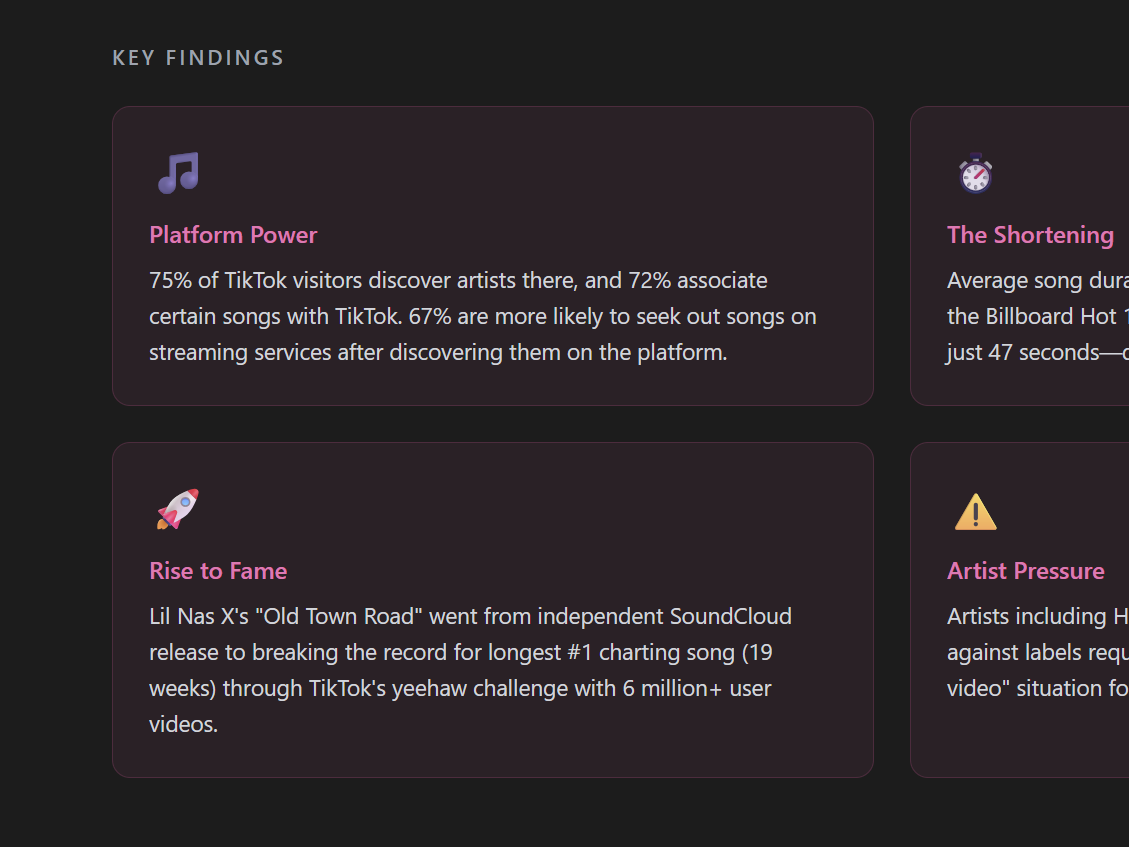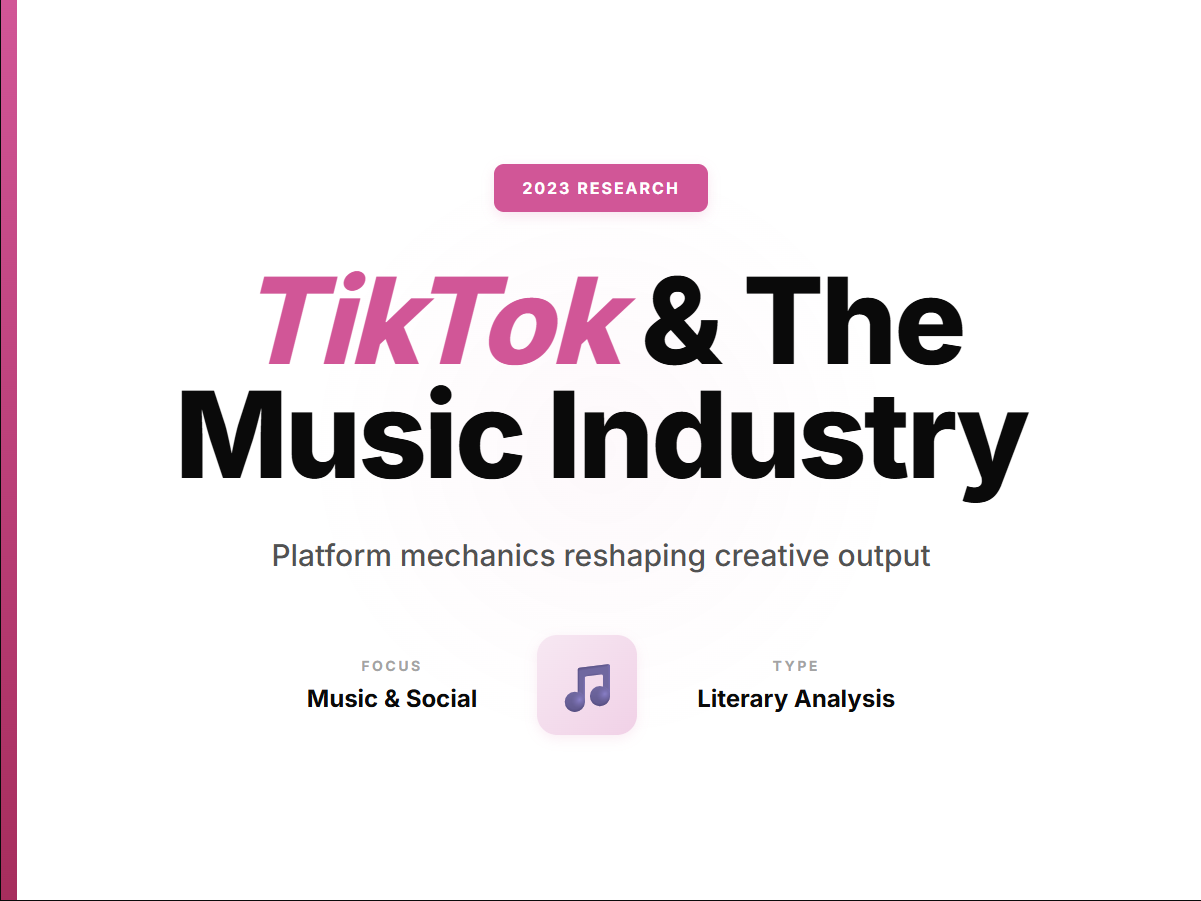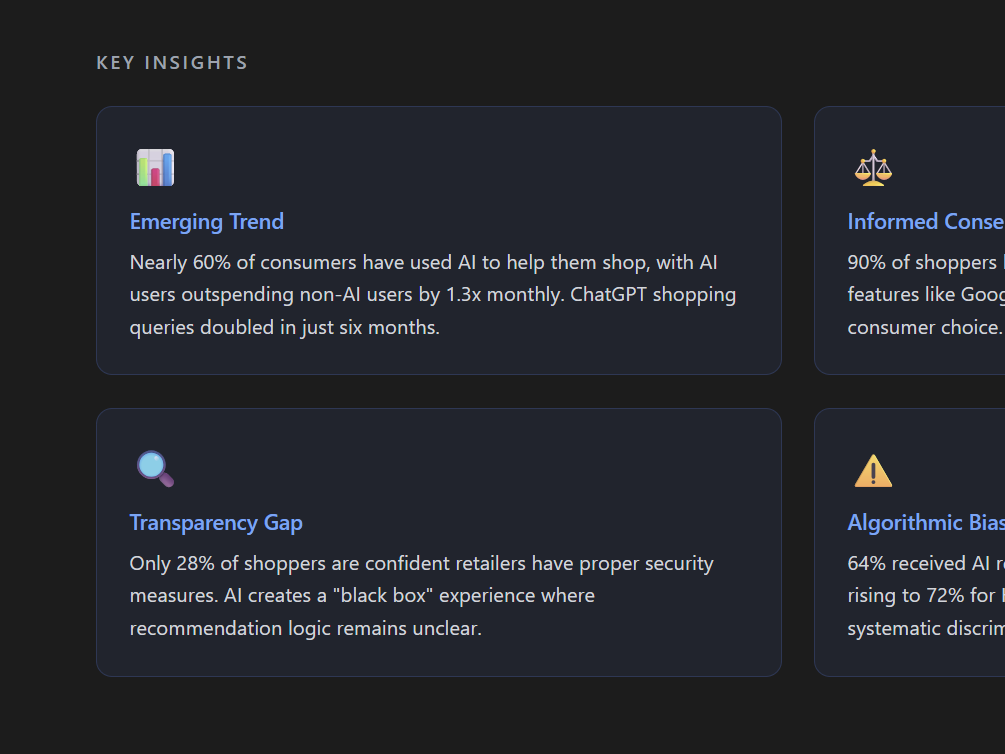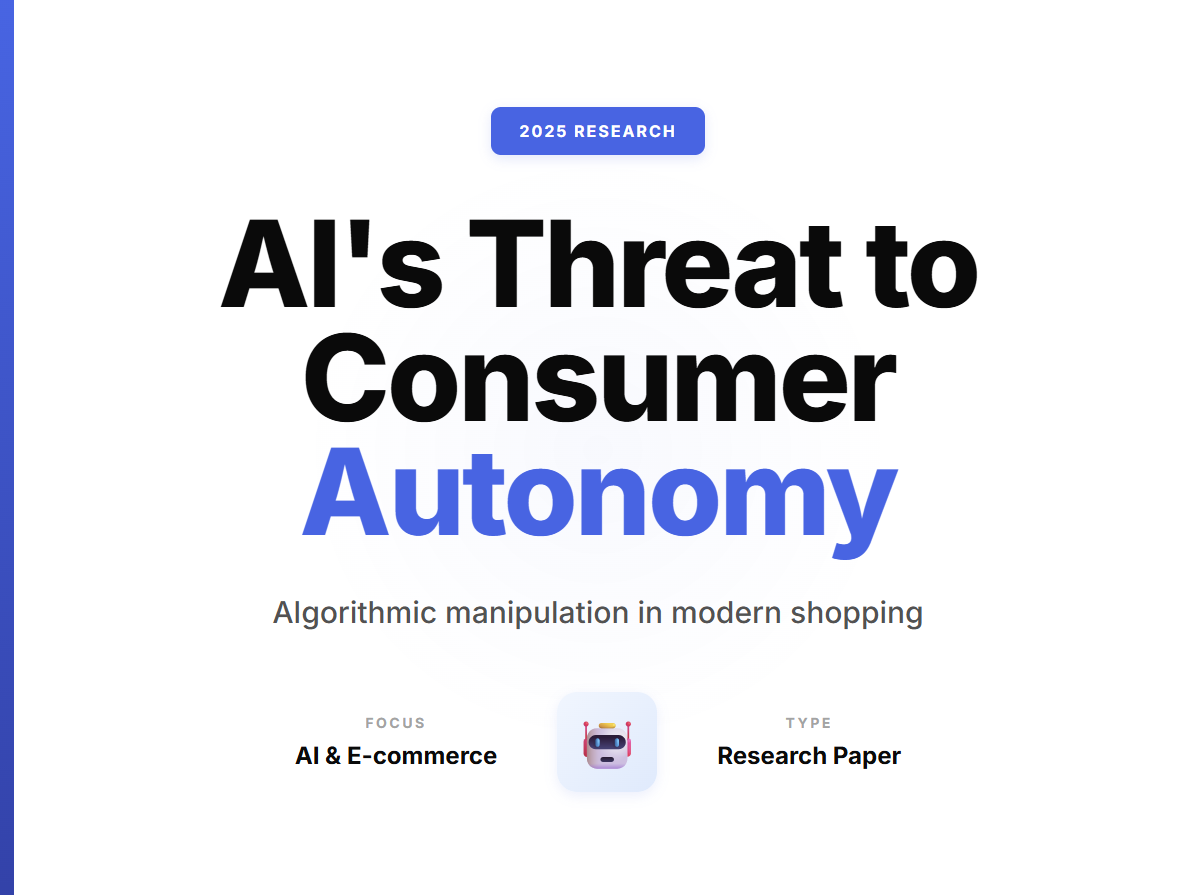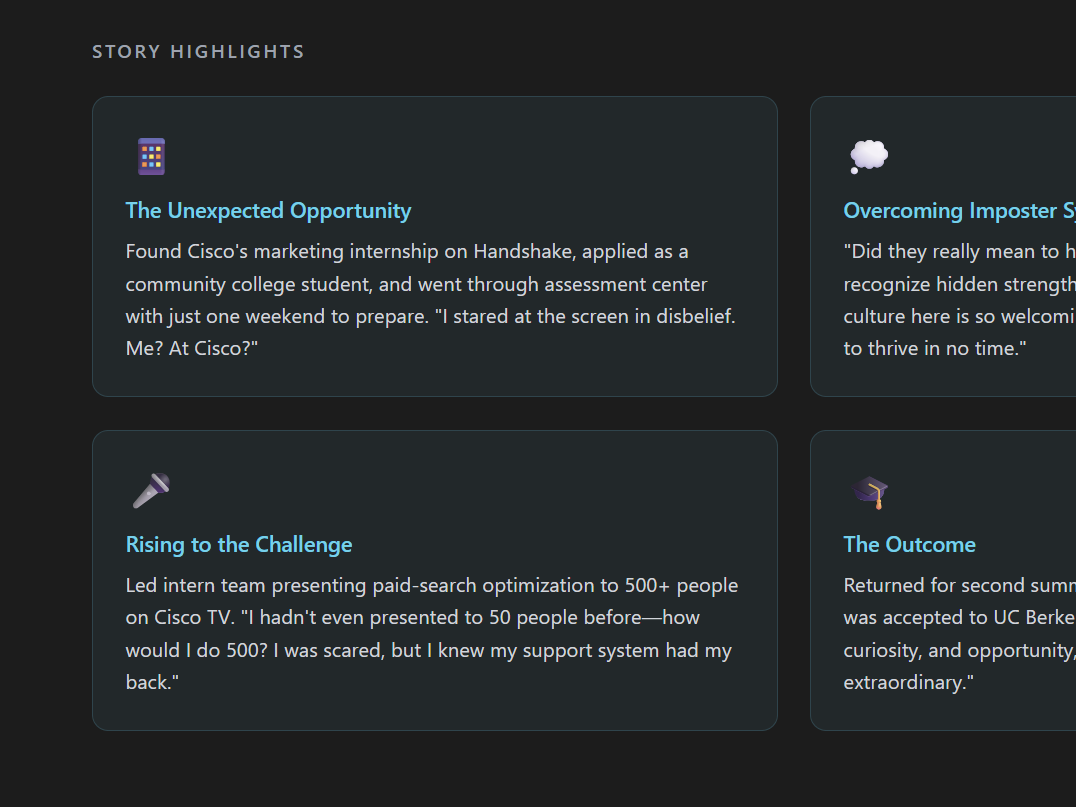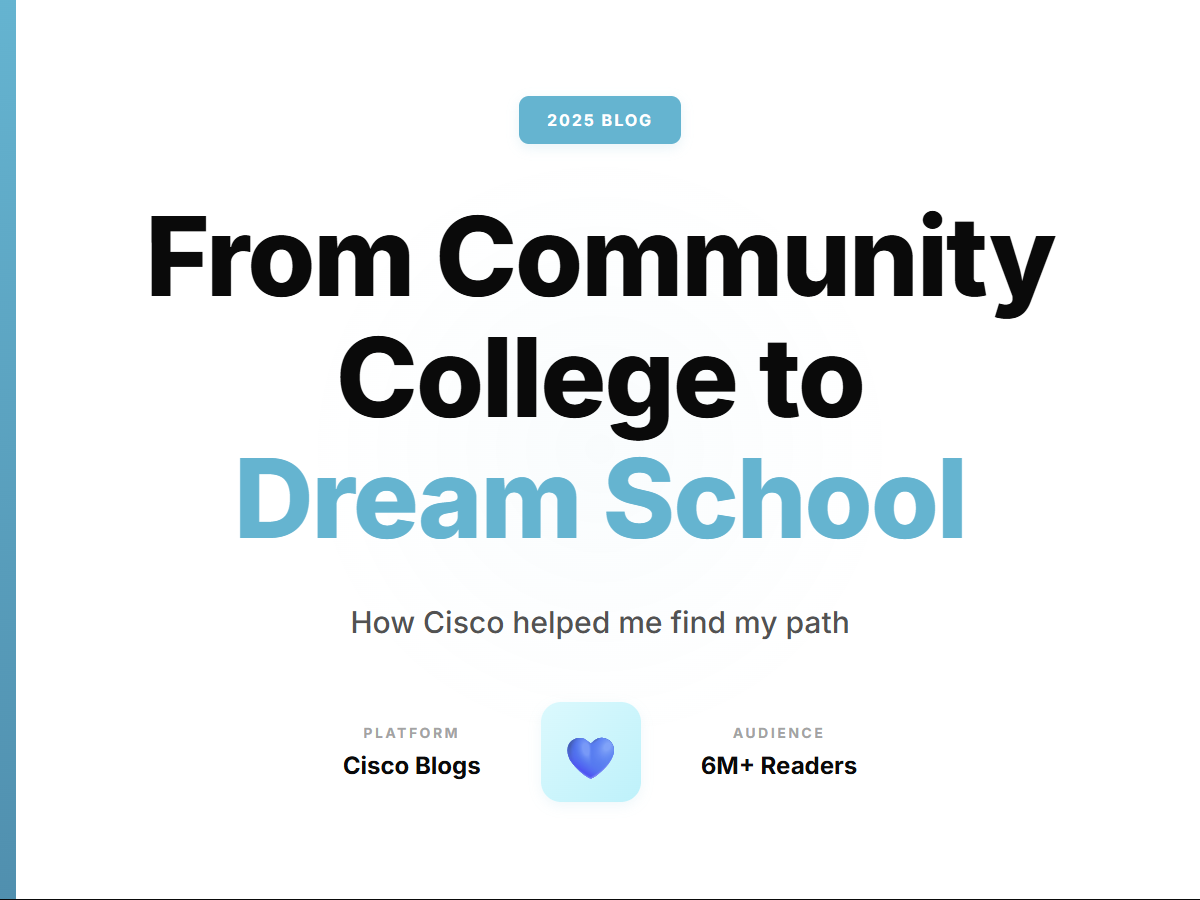Full Essay
Hip-hop has been growing in popularity throughout the decades, spreading its influence both sonically and visually far and wide throughout the music industry. Some of the strongest personal brands have emerged from hip-hop, including the likes of Drake, Jay-Z, Kanye West, and more. However, one rapper, Young Thug, has potentially cemented himself as one of the most politically influential rappers, with his court case likely to impact the outcome of Donald Trump’s election fraud indictment in Georgia, and set a future precedent for the use of art in court proceedings. Both rapper Young Thug and former U.S. President Trump are being prosecuted under the RICO statute, which was initially introduced to charge mob bosses for their crimes under the idea that they headed the organization, regardless if they committed any crimes themselves. While the cases aren’t directly related, Thug's case will foreshadow the success or failure and challenges of using the RICO statute in such an abstract way (Fausset). Arrested in May of 2022, prosecutors allege that Thug founded YSL or Young Slime Life, a gang that affiliates with the national Bloods gang. Sharing an acronym with Thug’s record label, Young Stoner Life, Georgia officials have charged Thug with an array of charges, alleging his group was “responsible for murders and other violence, drug dealing and property crimes, with the purpose of illegally obtaining ‘money and property’” (Fausset). Both Thug and Trump’s cases have brought up discussion of free speech rights, as prosecutors take aim at Thug’s lyrical content in his music, as well as Trump’s Twitter posts, with the purpose of showing intent. The use of song lyrics as evidence is highly contentious and overwhelmingly unique to the hip-hop genre, being practiced in certain states in the U.S. as well as the U.K., which raises concerns about artistic freedom and systemic racism. The case has been riddled with controversy, due to its publicity, the unusual use of the RICO statute, and the introduction of Thug’s lyrical content as evidence. So far, 17 lyrics have been admitted to the court as evidence, aiming to show Thug’s intent and awareness in running YSL as a gang (Coscarelli). That begs the question, do rap lyrics serve more so as marketing tactics or artists’ genuine self-expression? And, if used as legal evidence, how might the future of personal branding and artistry be impacted?
The boundaries of the First Amendment have been debated for centuries, and even longer, the definition of art. While it’s somewhat unclear when hip-hop lyrics were first used in court, it’s likely to have been going on since the genre was created. However, the conversation around crimes in lyrical content is more popular than ever, as hip-hop cemented itself in the mainstream music scene. In 2004, the late rapper MF DOOM released a song titled “Rapp Snitch Knishes” in which he and Mr. Fantastik provided social commentary on the topic. The chorus starts “Rap snitches, telling all their business; Sit in the court and be their own star witness” alluding to rappers who discuss their crimes in detail through their music (Genius). This chorus speaks louder than ever today, as throughout the 2010s, there were multiple high-profile cases in which a rapper discussed a crime and was then prosecuted for it. Back in 2014, rapper Bobby Shmurda finally found success with his hit song “Hot N—a,” which was cut short when he was arrested just months later with “more than a dozen others[, and] charged in a 69-count indictment that included murder… dealing drugs, weapons possession,” and more (Sullivan). While lyrical evidence wasn’t used in the prosecution, it didn’t go unnoticed that many of the alleged crimes were rapped about in his hit song, which potentially tipped investigators off. In the song, he gives multiple shoutouts to fellow gang members, one including “Mitch caught a body ‘bout a week ago’ — perhaps referring to Deshain Cockett, a.k.a. ‘Mitch,’ arrested Wednesday with Shmurda and five others who got a shout out in ‘Hot N –a’” (Sullivan). While his lyrics were not used against him as evidence, the virality of the situation cast a warning sign that the criminal justice system may be paying further attention to rap music than expected. California was the first state to introduce legislation directly addressing this issue in September of 2022, with Gavin Newsom signing the “Decriminalizing Artistic Expression Act” into law (Ali). That leads to today, where Young Thug takes the stage in one of the most important criminal cases of our time. Prosecutors admitted at least 17 lines, “taken from songs like ‘Eww,’ ‘Just How It Is’ and ‘Mob Ties,’” hoping to “establish the existence of YSL,” as well as “Young Thug’s role as a leader,” and his “expectations” (Coscarelli). This case has gained mass media attention, from the sheer popularity of Thug, the controversy regarding lyricism as evidence, and the political impact it could have; but is it just?
Many critics believe that rap lyrics should not be used in court because of the freedom of artistic expression, the subjective nature of lyrics, and the cultural and racial implications it introduces in the courtroom. For one, it is widely believed that art, such as music, is protected under the freedom of speech covered by the First Amendment. According to the American Civil Liberties Union (ACLU), the First Amendment is very broad and protects “books, theatrical works and paintings… posters, television, music videos and comic books — whatever the human creative impulse produces” (ACLU). By this broad definition, the creative expression of music down to lyrical content should be covered, just as any movie’s script or art piece would be as well. Rapper Jay-Z and other contemporaries have backed a now-passed bill in New York titled “Rap Music on Trial” (Senate Bill S7527), that protects creative expression from being used in court unless proven to be literal (Donahue). However, on a federal level, there is no current sweeping protection against the use of artistic expression like musical content being admitted in court. Additionally, it’s argued that evidence as subjective as song lyrics may lead the jury to have different interpretations and potentially sway the verdict of the case. Ironically, even one of Young Thug’s songs, “Digits,” sparked a viral debate online following its release as to “what exactly Thug says on the song: is it hustlers don't stop, they keep goin' or horses don't stop, they keep goin'?”. The online debate was split, and The Fader’s X (formerly Twitter) poll “results were split about 45 to 55 percent ‘horses’ to ‘hustlers’”. The debate was finally settled when the song’s producer, London On Da Track, chimed in and set the record straight that Thug said “hustlers” (Golden). If rap fans and collaborators are unable to decipher the lyrical content of a 2X Platinum melodic rap song, it’s unlikely an unfamiliar jury will do so with ease. Perhaps the strongest argument for keeping song lyrics, especially from hip-hop, out of the courtroom is to prevent the amplification of cultural and racial biases amongst the jury. Hip-hop is rooted in African-American culture and has been used widely for social commentary and storytelling. In a 2018 study from the Journal of Experimental Criminology testing for biases towards rap music, participants were shown identical lyrics in the form of a country, heavy metal, and rap song. Unsurprisingly, “the participants gave the perceived rap lyrics a higher overall negative score, determining that the writer of those lyrics was more likely to have bad character and to engage in criminal activity” (Ali). The introduction of rap lyrics as evidence disproportionately affects the prosecution of people of color and has the ability to sway juries unfairly, a trend that’s been repeated throughout the history of the United States. By interpreting hip-hop’s written content as autobiographical, and non-fiction, it dismisses the genre’s creativity as an art form.
However, the push for the use of rap lyrics in court is stronger than ever. It’s widely believed, especially among prosecutors, that lyrics should be treated like communication, used in the courtroom to show intent and admission of guilt and assess one’s credibility. In some interpretations, people believe that rap lyrics should be treated as a form of literal communication, like social media posts or text messages. Fulton County prosecutor Fani Willis who is assigned to the Young Thug case defended the practice, saying “I have some legal advice: Don’t confess to crimes on rap lyrics if you do not want them used” (Ali). By this logic, lyrics are being treated as recorded confessions, just as any literal communication would be. Additionally, prosecutors believe that rap lyrics admitted as secondary evidence can provide helpful context about an artist’s intent surrounding a crime. For example, if an artist is being prosecuted for drug possession, lyrical content may show that they are proud of doing drugs, which may harm their defense. Willis admitted lyrics to the Young Thug case for this reason, saying “you do not get to commit crimes in my county and then decide to brag on it, which you do as a form of intimidation, and not be held responsible”. While the District Attorney is aware of the controversy regarding the practice, she seemingly does not mind the backlash (Ali). Lastly, lyrics provide a good sense of an artist’s credibility in the courtroom which is beneficial to prosecutors. If an artist argues their lyrical content is not true, then they are shown to have little credibility for lying in their music. However, if an artist’s lyrical content is true, and they’re denying a crime similar to the content, that also hurts their credibility in the courtroom. Young Thug’s defense has opted to deny the allegations and argue that the lyrical content in the music is false, even going as far as to reassign meanings to some of his most used slang. His defense lawyer argued that Thug stands for “Truly Humble Under God,” and that ‘pushin P’ is “pushing positivity” (Moorman). While possibly true, lots of doubt has been cast on these arguments and they’re seen as unreliable due to the popular consensus on their true meanings. Overall, using lyrical content in court has been shown to greatly help the prosecution weaken the character of the defense. The criticism of using rap lyrics is often dismissed under the belief that artists should not rap about crimes, fiction or not, and deserve the real-life consequences for doing so.
While it’s understandable why prosecutors and law enforcement often choose to back the practice, the costs don’t outweigh the benefits. Treating song lyrics as admissions of truth and using them in court will hinder commonly used marketing tactics, monotonize common writing conventions, and affect artistry across all mediums.
Marketing in the music industry is a key player in the overall accessibility of music, what gets radio placement, and is a catalyst for the sharing of music. In such a saturated streaming market, it’s absolutely essential for an artist to market their music in order to reach new audiences. By treating rap lyrics as evidence, marketing tactics commonly used in the music industry such as personal branding, shock value, and artist collaborations will be hindered, limiting the accessibility of music as a whole. Personal branding and personas are key to online success across all industries, but especially the music industry. In hip-hop, personas are instrumental to an artist’s following, and vibe, which can make or break a career. According to Mac, a rapper locked up on manslaughter charges in 2001 whose case heavily centered around his lyrical content, the “idea that [rap] is autobiographical is not true, it’s pretty much a marketing strategy because, unfortunately, the audience has an appetite for that edgy and violent material, just like people like movies with a lot of action” (Ali). During the gangster rap era, street credit was important to an artist's authenticity and credibility, and without it, artists were often considered corny and blackballed by the industry. While the popularity of gangster rap declined in the mid-2000s with the introduction of conscious lyricism, the importance of authenticity remains today. By setting a precedent for artists’ lyrics to be potentially used against themselves, personas in hip-hop will fall apart quickly as artists fear being taken at literal value. Unfortunately, this may lead to celebrity personalities becoming more monotonous and risk-averse. In shock-value marketing, risk is a deciding factor when balancing the cost-benefit of potential negative publicity. Artists like Doja Cat and Lil Nas X have harnessed controversial religious imagery to build up publicity before releases, and established artists such as Tyler The Creator built their careers off of shocking explicit lyrics. According to NPR, “musicians have long used shock value to pump up interest in their music,” which has been amplified by the introduction of the internet. If artists don’t harness their creative freedom to take public risks, it’s likely the music industry will suffer and become less entertaining. Collaborations are an exciting way to combine fan bases, genres, and artistry in a creative way that garners attention. While some collaborations have both artists write their lyrics separately, many collaborations follow certain themes or are even pre-written. The collaboration process varies between artists and music labels, some being carefully planned, and some being spontaneous. If lyrics can be used against artists, creative crossovers and collaborative writing will be constrained. According to Complex, “feature verses on hip-hop records are a main component of the genre,” and “they’re simultaneously an act of artistic expression and a gallant effort to [get more money]” (Pigeons). Collaboration allows artists to share their audience, grow their audience, and exchange work to push their art into different niches they otherwise might not be able to. Many features attempt to follow the song's theme for a certain planned duration, although some artists are given full creative liberty over their contribution. Marketing continues to be a crucial aspect of the music industry that is often overlooked when talking about lyrical content, as music labels tend to keep their techniques and strategies secret; however, writing in hip-hop has many more layers.
The art form of hip-hop often adheres to certain writing conventions such as exaggeration, narrative storytelling, and social commentary which could be compromised if lyrics put artists in legal jeopardy. The era of gangster rap was riddled with braggadocious, exaggerated rhymes that set lyrical norms for the future generation. Today, songwriters rely heavily on figures of speech such as metaphors, hyperbole, and personification to showcase their clever wordplay and create powerful messages with mixed interpretations among listeners. Hyperbole is a known staple in hip-hop and has been used by virtually every successful rapper to date. According to Eithne Quinn, a lecturer at the University of Manchester, “gangsta rap music is steeped in longstanding black diasporic oral traditions, complexly shaped by a history of racial marginalization” (Quinn). Given the abstract nature of wordplay, and subjective interpretations, taking an artist's lyrical content at face value would be outright ignorant. If artists feared repercussions for their abstract content, creative output would be limited and the backbone of songwriting across all genres would be hurt. Narrative storytelling is a tool used by some of the greatest hip-hop songwriters of all time, from the likes of Kendrick Lamar, J Cole, and Nas. Whether they’re telling stories personal to them, or from another’s perspective, it challenges the norm and delivers messages in a stronger, more relatable fashion. Eminem’s “Stan” is built off of storytelling, “a flawless display of the disillusionment between fan and artist, [which is] pure genius from concept to execution”. Em tells the “breathtaking tale of deranged hero worship and obsessive fandom,” through a fan’s perspective, breaking boundaries to send an impactful message (Phillips). Without storytelling, certain song concepts or ideas would be completely impossible, and artists' musical reach for innovation would be limited. Arguably, the most important impact hip-hop has made is through social commentary, sharing African-American perspectives on a new-found level. Through music, black voices have spoken louder than ever, and supercharged political change across the country. J Cole harnessed the power of storytelling to provide social commentary by describing the perspective of the life and death of a childhood friend, communicating to his daughter about the cycle of violence many low-income, minority people are faced with growing up. He becomes “simply a vessel for the intention of spreading the gospel of a dead friend to his living daughter,” while subtly pointing out flaws with the current state of many people’s ‘America’ (Phillips). Throughout hip-hop’s history, commentary about police brutality has taken many forms, most popularly in the form of N.W.A.’s song “F–k tha Police”. The 1988 song discusses “police violence and police brutality, along with racial profiling,” and still “continues to play a role in contemporary culture,” today. The vulgar nature of the song received lots of pushback, even from the FBI who “wrote to N.W.A.’s record company saying that it did not approve of the song, alleging it misrepresented police” (Uitti). Modern rappers today have provided further commentary, such as Lil Baby’s “The Bigger Picture,” shedding light on how relevant an issue of police brutality remains today (Genius). If an artist's ability to make social commentary is restricted by fear of consequences, their First Amendment rights are likely being violated. Hip-hop has served as a vehicle to communicate and amplify black voices since its inception, and it’s important its creative freedom and impact are preserved for future generations.
While hip-hop may be directly affected, this precedent may send ripple effects throughout other genres, and creative mediums, and even affect non-creative expression. As alluded to earlier, hip-hop has been by far the main genre under legal scrutiny for songwriting, likely due to a mix of systemic racial biases and increased focus on crime in lyrical content. However, setting the norm for written content to be admitted as evidence could easily expand into other genres, especially heavily scrutinized genres such as rock and heavy metal. During the 1950s, before rock-and-roll had gone fully mainstream, it found itself to be a target of censorship from the Christian middle-class demographic. Propaganda suggested rock-and-roll to be associated with satanic imagery, drugs, and more negative connotations (Kelly). If the use of lyrics as evidence in court was normalized back then, it’s likely musicians would have faced a plethora of more targeted legal issues. Other art mediums, whether physical or digital, from movies to politically charged content, could find themselves in the crossfire of prosecutors as well. While farfetched now, imagine actors facing a legal battle, and their work being used to show a lack of reliability of character, or an ability to lie. A more likely scenario is that of an independently produced film being used to show the producer’s intent or character, or a memoir being painted as an autobiographical admission of crimes. It’s likely the biggest legal risk associated with memoirs comes down to “defamation,” of others, as well as “invasion of privacy,” (Knight). This could happen in a fictional context if people’s real names are used, or there are enough likenesses to real life to argue that it’s not fiction. Lastly, if using art as legal evidence becomes the norm, it’s likely literal expression may change too. It will become harder to discern a threat from a non-threat in a sea of art, fiction, and non-fiction. In an online era, there’s an upward trend of threats being made online according to Pew Research (Vogels). If musical content is taken literally, it’s likely the threat's credibility will be harder for law enforcement to discern, and attention will be shifted to non-literal abstract ‘threats’. It’s important that the line between art and reality is not blurred, and that the boundaries for art’s definition are not restricted further.
Regardless of guilt, song lyrics have no place in the courtroom, especially those that are unspecific. While the use of song lyrics for investigative purposes is okay, there should be enough evidence regarding a crime to convict, without relying on swaying the jury with ultimately unimportant information. If the practice is continued and federal regulation is not put in place, the state of creative freedom is in danger. The weaponization of predominantly black art should not take place in a criminal justice system that for centuries has long disadvantaged people of color, especially in the modern era. The potential effects of inhibited marketing and uninteresting lyricism in hip-hop, and the cascading effect it could have on other genres and mediums easily outweigh the prosecutors' argument defending the practice. People staying silent while this practice is not only continued but encouraged on the national stage foreshadows a scary future. The publicity regarding Young Thug’s case is an opportunity to amplify the conversation, and make change. Until federal regulation is introduced, people should support their state legislators in introducing legislation to protect artistic freedom, following in the footsteps of legislatures in California and New York. Today, hip-hop is the most popular genre, and as consumers, it’s our duty to protect the art and artists making it possible.
Citations
Ali, Safia. “Black Rappers Call out Double Standard of Using Hip-Hop Lyrics as Evidence in Rapper Young Thug’s Criminal Trial.” NBC News, 13 Jan. 2023, https://www.nbcnews.com/news/us-news/black-rappers-call-double-standard-using-hip-hop-lyrics-evidence-rappe-rcna65529.
Coscarelli, Joe. “Young Thug Lyrics Will Be Allowed as Evidence in YSL RICO Trial.” The New York Times, 9 Nov. 2023. NYTimes.com, https://www.nytimes.com/2023/11/09/arts/music/young-thug-lyrics-ysl-rico-trial.html.
Donahue, Bill. “Jay-Z, Meek Mill & More Urge New York to Limit the Use of Rap Lyrics in Criminal Cases.” Billboard, 19 Jan. 2022, https://www.billboard.com/business/legal/jay-z-new-york-limit-rap-lyrics-criminal-cases-1235020544/.
Fausset, Richard, and Danny Hakim. “In Georgia Case Against Superstar Rapper, Hints of How Trump Case Could Unfold.” The New York Times, 20 Aug. 2023. NYTimes.com, https://www.nytimes.com/2023/08/20/us/trump-young-thug-rico.html.
“Freedom of Expression in the Arts and Entertainment.” American Civil Liberties Union, https://www.aclu.org/documents/freedom-expression-arts-and-entertainment. Accessed 8 Dec. 2023.
Golden, Zara, and Nazuk Kochhar. “Hustlers Versus Horses: Alex Tumay And London On Da Track Weigh In.” The FADER, https://www.thefader.com/2016/04/13/report-young-thug-maybe-probably-says-hustlers-not-horses-on-digits. Accessed 8 Dec. 2023.
Kelly, Kim. “Revisiting America’s Satanic Panic: When Heavy Metal and the Devil Himself Stalked the Earth.” Vice, 3 July 2015, https://www.vice.com/en/article/r3za83/satanic-panic-interviews.
Knight, Matt. “The Legal Risks Of Writing Memoirs.” Sidebar Saturdays, 1 Apr. 2018, https://www.sidebarsaturdays.com/2018/03/31/https-wp-me-p7vddb-ao/.
Lil Baby – The Bigger Picture. genius.com, https://genius.com/Lil-baby-the-bigger-picture-lyrics. Accessed 8 Dec. 2023.
MF DOOM (Ft. Mr. Fantastik) – Rapp Snitch Knishes. genius.com, https://genius.com/Mf-doom-rapp-snitch-knishes-lyrics. Accessed 8 Dec. 2023.
Moorman, Taijuan. “Lawyer Says Young Thug Stands for ‘Truly Humble Under God’: More from RICO Trial.” USA TODAY, https://www.usatoday.com/story/entertainment/celebrities/2023/11/29/young-thugs-name-truly-humble-under-god/71738866007/. Accessed 8 Dec. 2023.
Nast, Condé. “YNW Melly Is Charged With the Murder of Two Friends. What Happened?” Pitchfork, 20 Feb. 2019, https://pitchfork.com/news/ynw-melly-is-charged-with-the-murder-of-two-friends-what-happened/.
Phillips, Yoh. “From J. Cole to Nas, How Hip-Hop’s Best Use Storytelling to Flip Our Perspective.” DJBooth, 15 Jan. 2020, https://djbooth.net/features/2017-10-17-j-cole-nas-hip-hop-storytelling.
Pigeons. “It Is a Business After All: How Features in Rap Work.” Complex, https://www.complex.com/pigeons-and-planes/a/pigeons/it-is-a-business-after-all-how-features-in-rap-work. Accessed 8 Dec. 2023.
Sullivan, Gail. “How Rapper Bobby Shmurda, Charged in Murder, Drug Trafficking Sting, Became an Alleged Gangster.” Washington Post, 26 Oct. 2021. www.washingtonpost.com, https://www.washingtonpost.com/news/morning-mix/wp/2014/12/19/hip-hops-bobby-shmurda-charged-in-murder-drug-trafficking-sting/.
Uitti, Jacob. “Behind the History and Meaning of the N.W.A. Song ‘F**k Tha Police.’” American Songwriter, February, https://americansongwriter.com/behind-the-history-and-meaning-of-the-n-w-a-song-fk-tha-police/.
Ulaby, Neda. “From Elvis To Lady Gaga: Playing With Shock Value In Music.” NPR, 28 May 2010. NPR, https://www.npr.org/2010/05/28/127239101/from-elvis-to-lady-gaga-playing-with-shock-value-in-music.
Vogels, Emily A. “The State of Online Harassment.” Pew Research Center: Internet, Science & Tech, 13 Jan. 2021, https://www.pewresearch.org/internet/2021/01/13/the-state-of-online-harassment/.
Williams, Patrick, and Becky Clarke. “Contesting the Single Story: Collective Punishment, Myth-Making and Racialised Criminalisation.” Media, Crime and Racism, edited by Monish Bhatia et al., Springer International Publishing, 2018, pp. 317–36. DOI.org (Crossref), https://doi.org/10.1007/978-3-319-71776-0_16.


